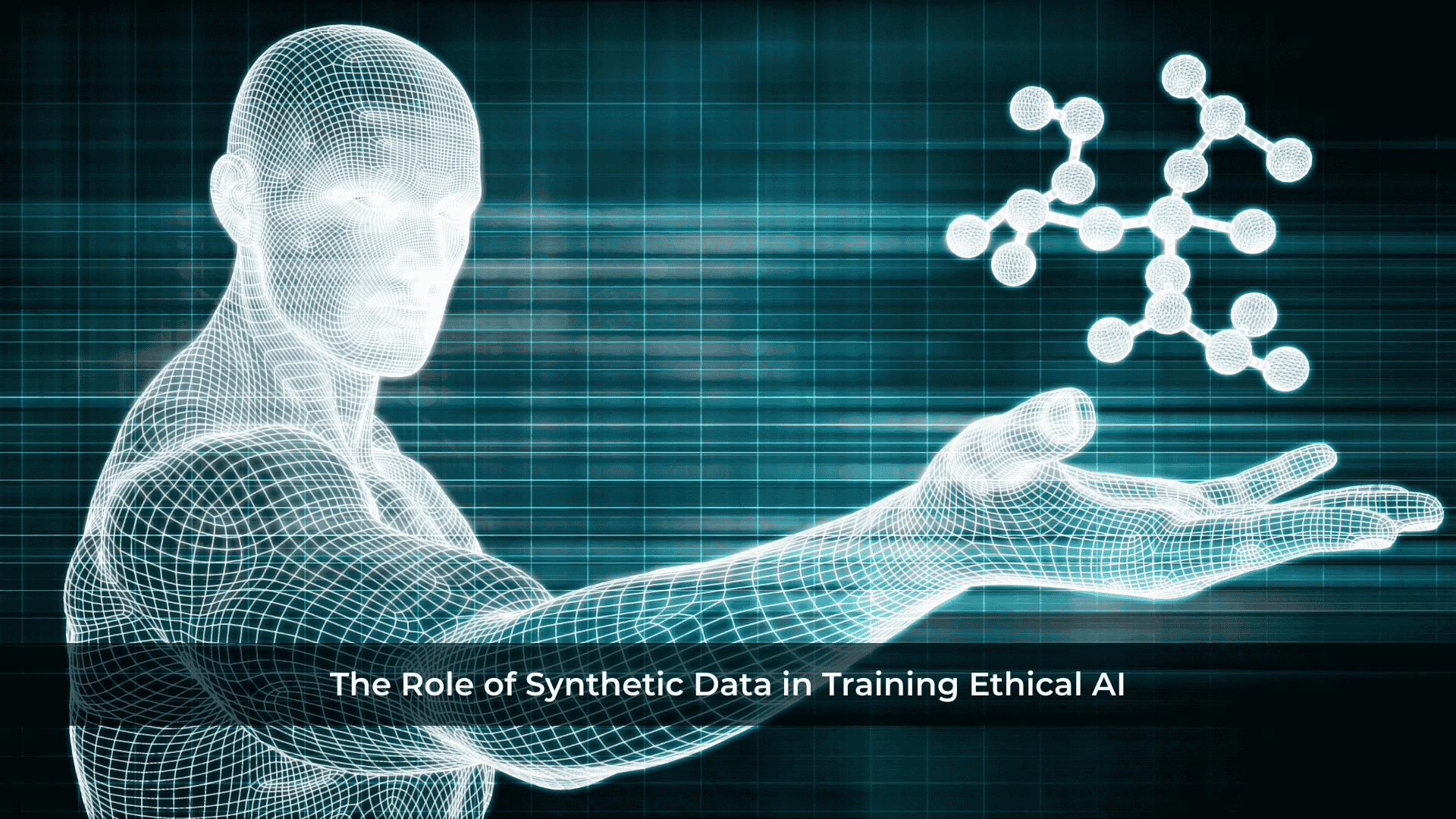As artificial intelligence continues to power everything from healthcare diagnostics to hiring platforms, the quality and ethics of the data it’s trained on have become critical. One emerging solution to many of AI’s challenges is synthetic data—computer-generated information miming real-world data.
But synthetic data isn’t just a technical workaround. It’s becoming a cornerstone of ethical AI development, offering new ways to reduce Bias, protect Privacy, and improve model accuracy.
What Is Synthetic Data?
Synthetic data is artificially created data replicating real datasets’ structure and characteristics without containing any personal or proprietary information. It can train, test, and validate AI models across industries.
Unlike anonymized accurate data, which may still carry privacy risks, synthetic data is entirely generated and often free of real-world identifiers.
Why Synthetic Data Matters in Ethical AI
1. Protects Privacy
Synthetic data removes the need to use personal or sensitive information. It is easier to comply with regulations like GDPR and HIPAA in the healthcare, finance, and education industries.
2. Reduces Bias
Real-world data often reflects historical inequalities or systemic biases. Synthetic data allows developers to design balanced datasets that are more representative and equitable—helping prevent biased AI outcomes.
3. Enhances Accessibility
In cases where data is scarce—like for rare diseases or emerging markets—synthetic data can fill in the gaps, enabling AI development without waiting for large-scale real data collection.
4. Accelerates Development
Generating synthetic data can speed up testing and experimentation. Developers don’t have to wait for permissioned datasets or scrub real-world data before use.
Where Synthetic Data is Being Used
- Autonomous vehicles: Simulated environments create endless driving scenarios, helping models prepare for edge cases.
- Healthcare: Synthetic patient data supports research and model training without violating patient confidentiality.
- Finance: Banks use synthetic transaction data to train fraud detection models without exposing accurate customer data.
- Retail: Customer behavior simulations help improve recommendation engines and demand forecasting.
Ethical Considerations of Synthetic Data
While synthetic data is a powerful tool, it’s not a silver bullet:
- Quality matters: Poorly generated synthetic data can introduce inaccuracies or noise into AI systems.
- It must still reflect reality: If the synthetic dataset doesn’t realistically model real-world diversity, it can lead to misleading outcomes.
- Oversight is essential: Synthetic data generation processes need auditing to ensure fairness and transparency.
The Future of Synthetic Data in AI Ethics
As AI becomes more deeply embedded in society, synthetic data will play a crucial role in ethical innovation. Expect to see:
- Greater adoption of synthetic data generation tools
- Open-source initiatives and benchmarks for fairness
- Policies encouraging or mandating synthetic alternatives in sensitive fields
- Collaboration between AI developers, ethicists, and regulators
Conclusion
Synthetic data is more than just a tool for convenience—it’s a path forward for building fairer, safer, and more responsible AI systems. Enabling privacy protection, bias reduction, and Accessibility ensures that progress in AI doesn’t come at the expense of ethics.
As we navigate the complex future of machine learning, synthetic data may be the most human-centric solution.

